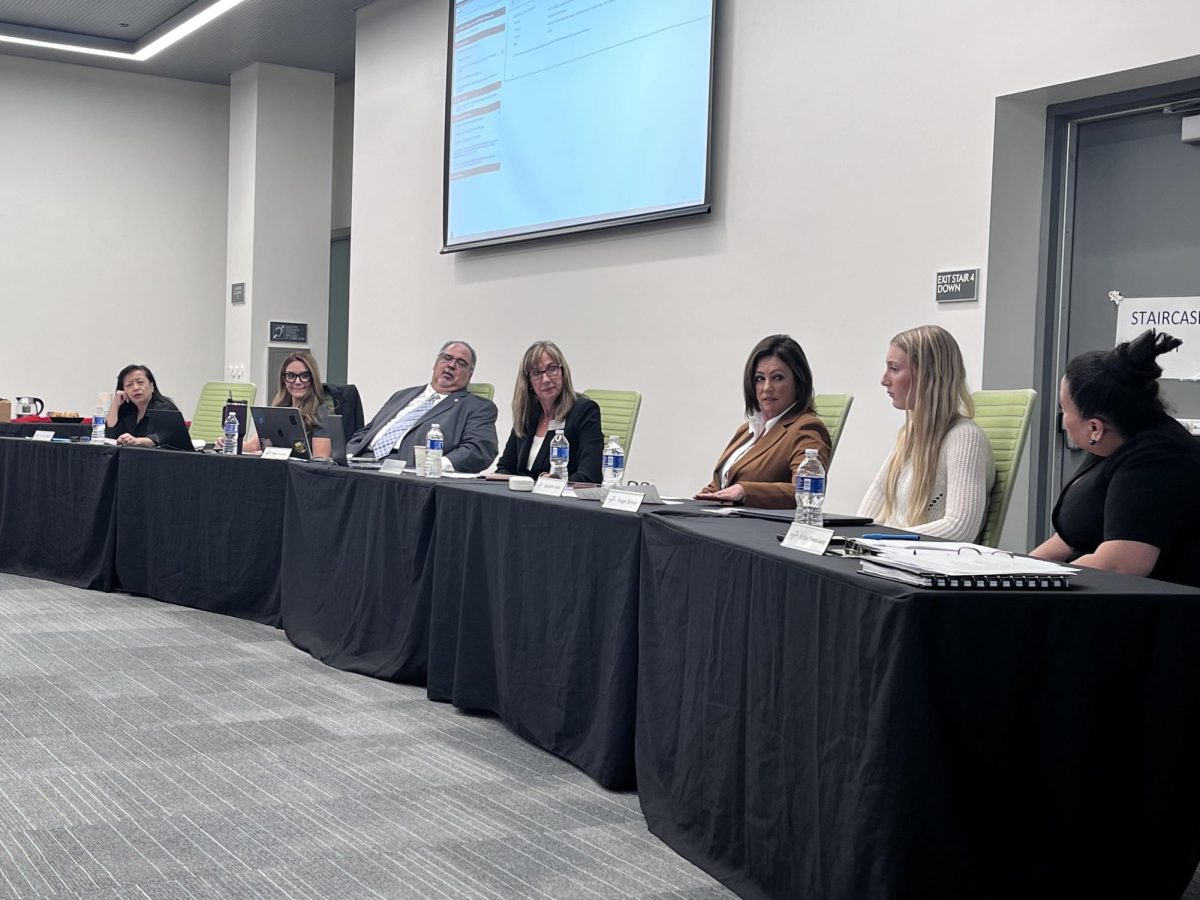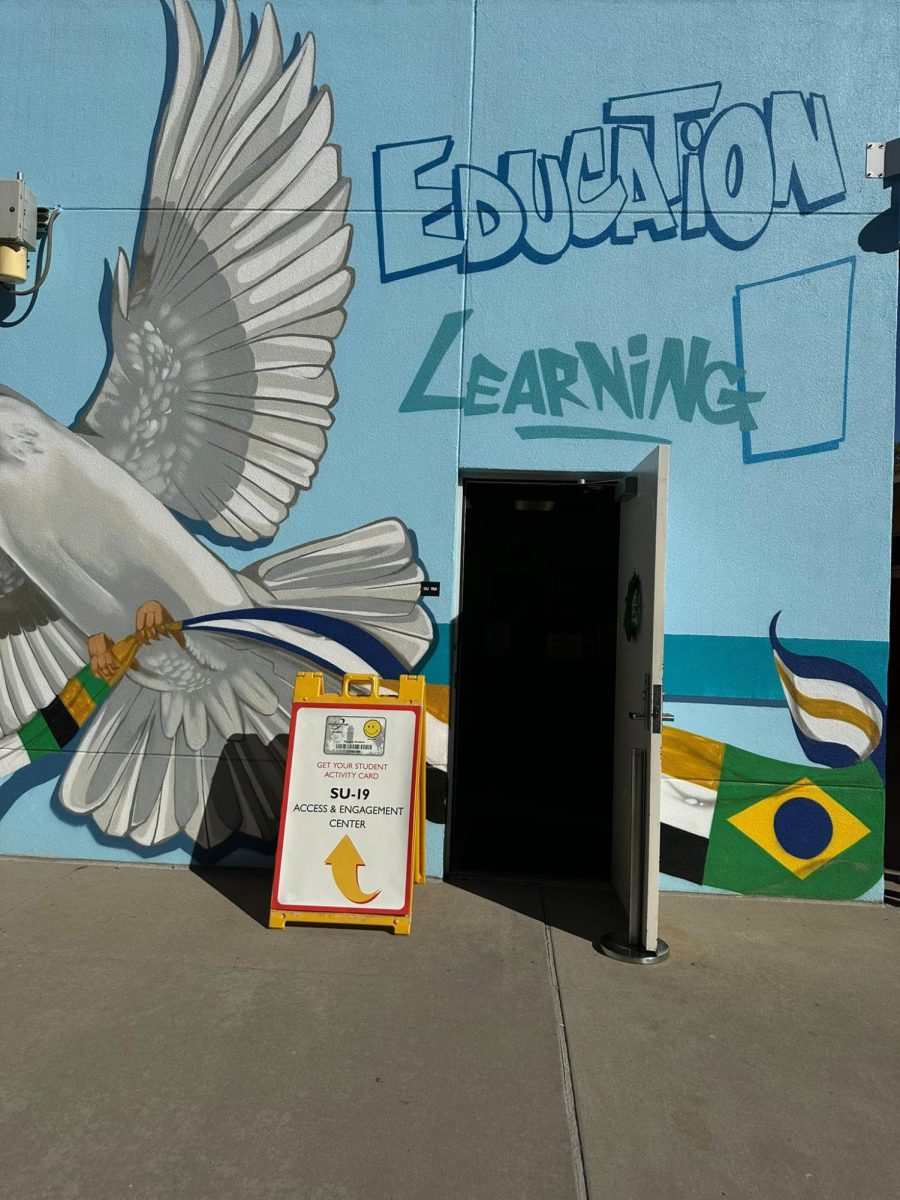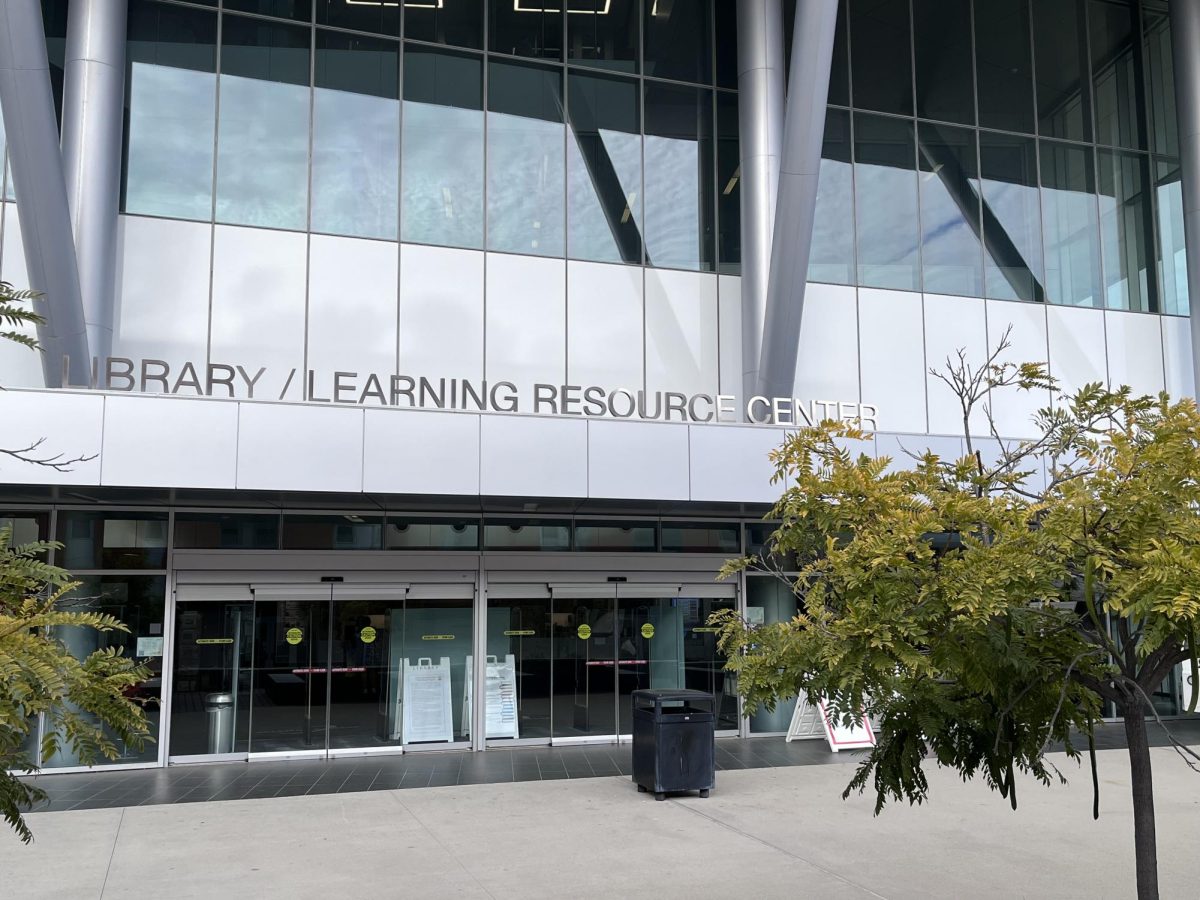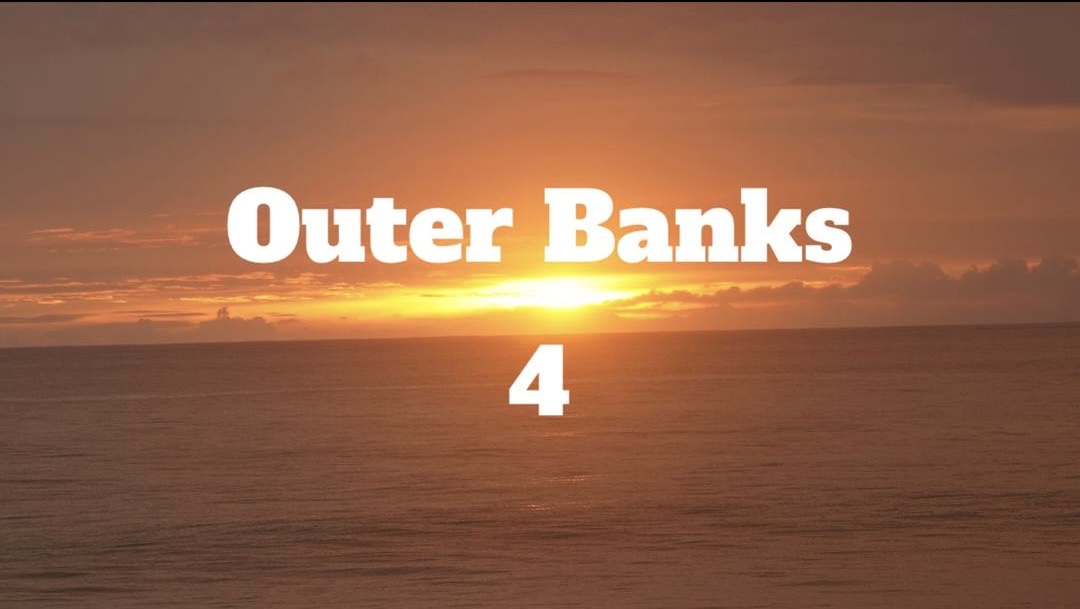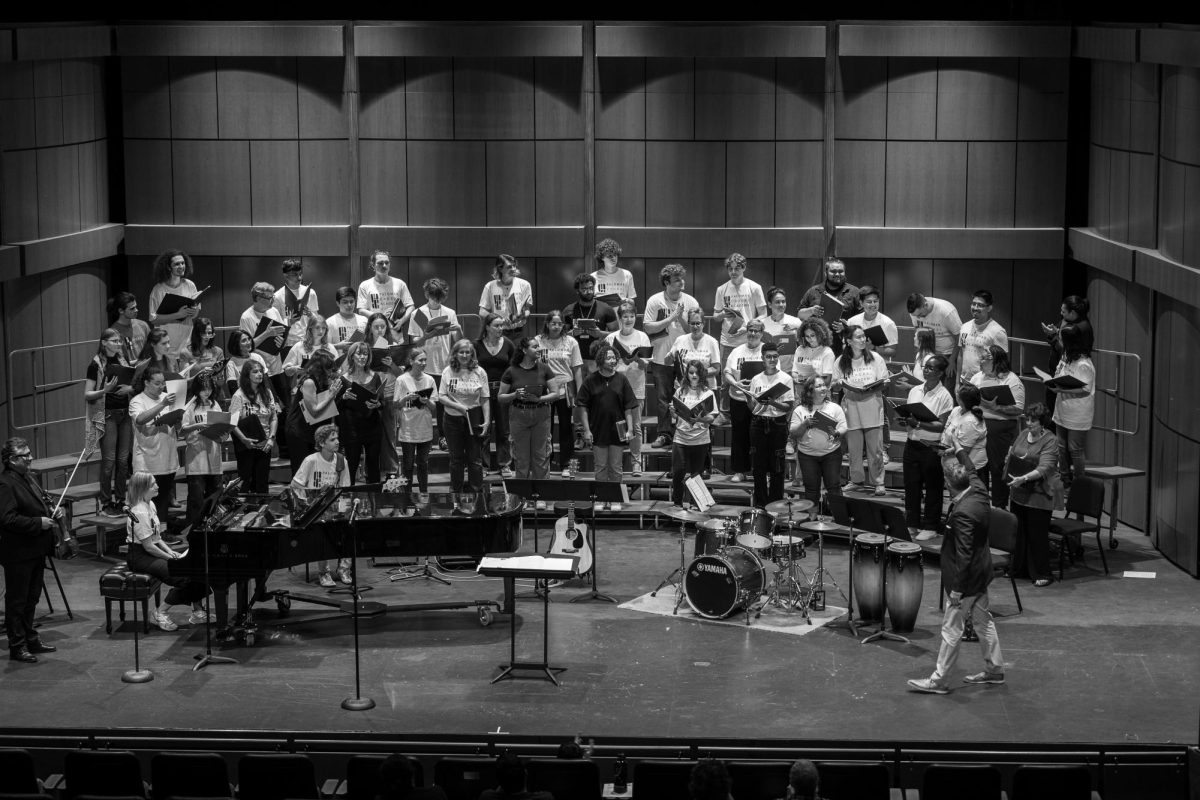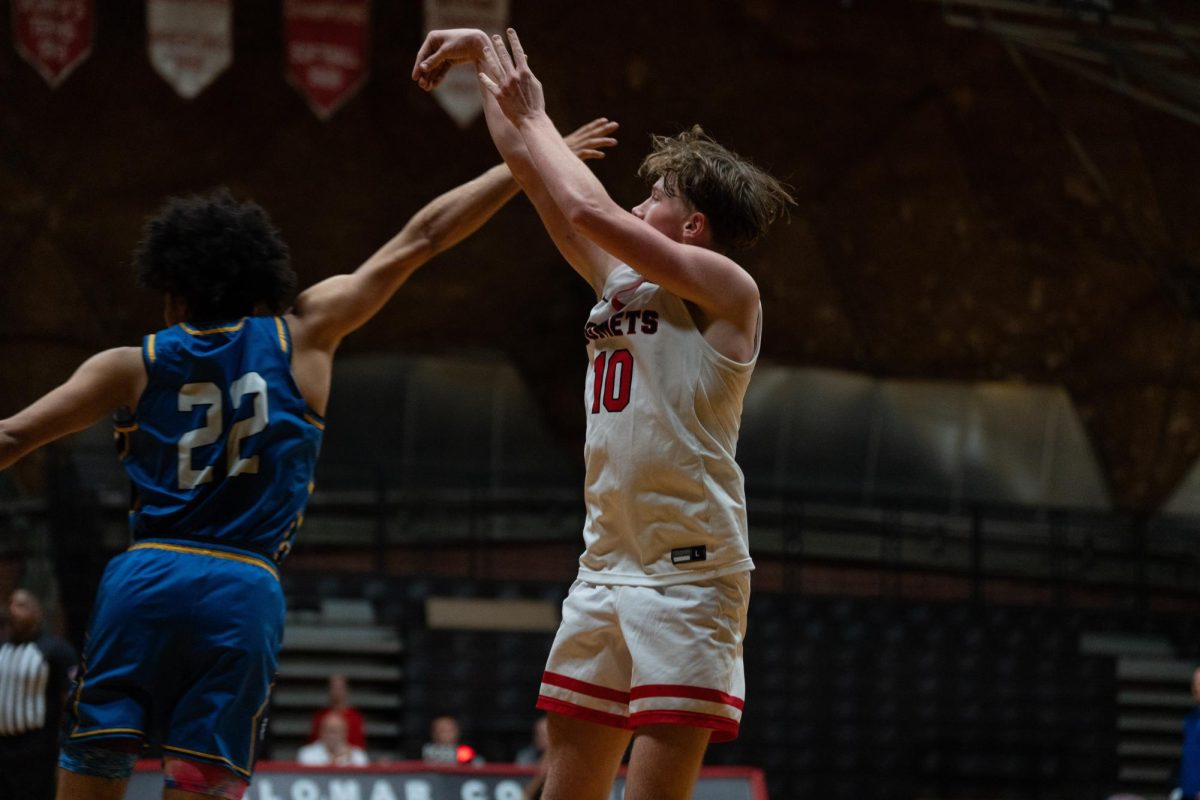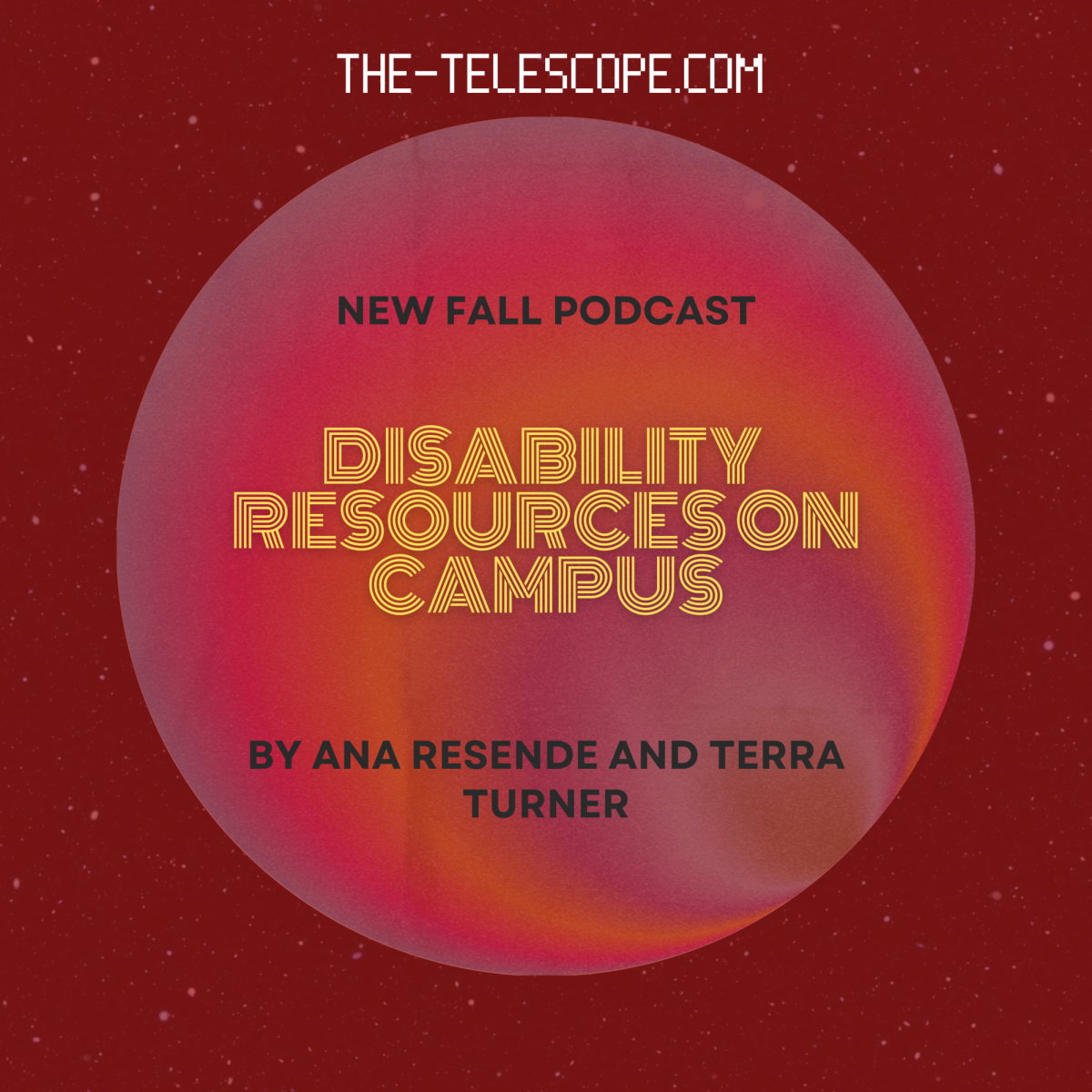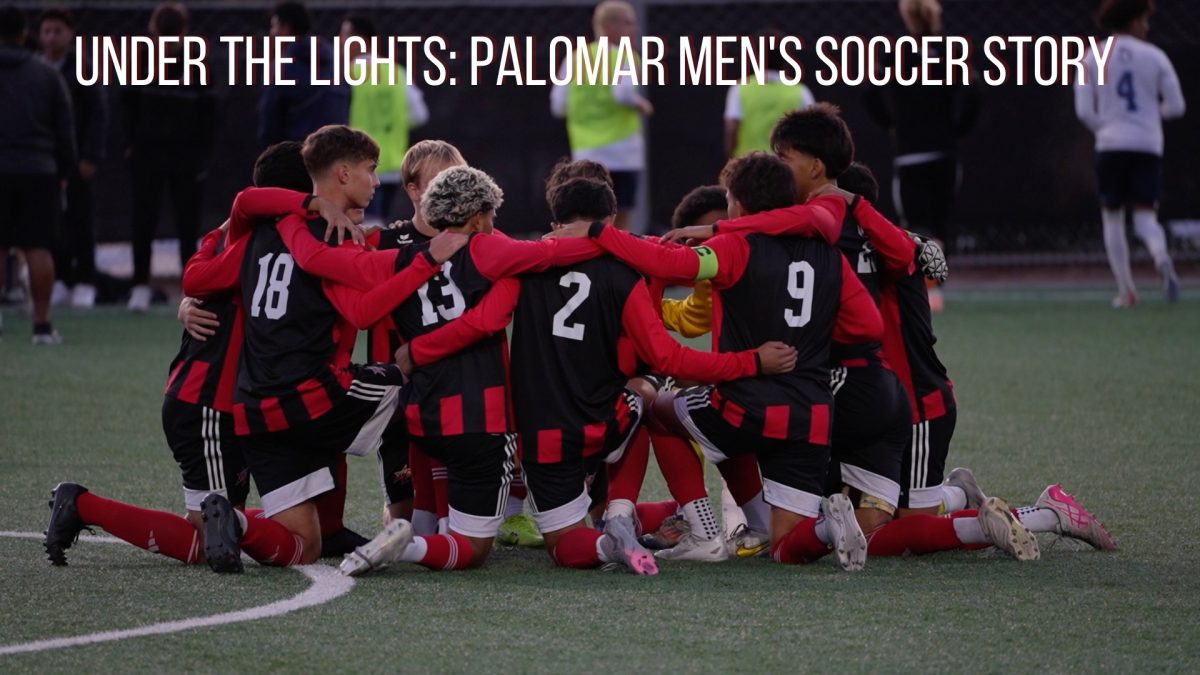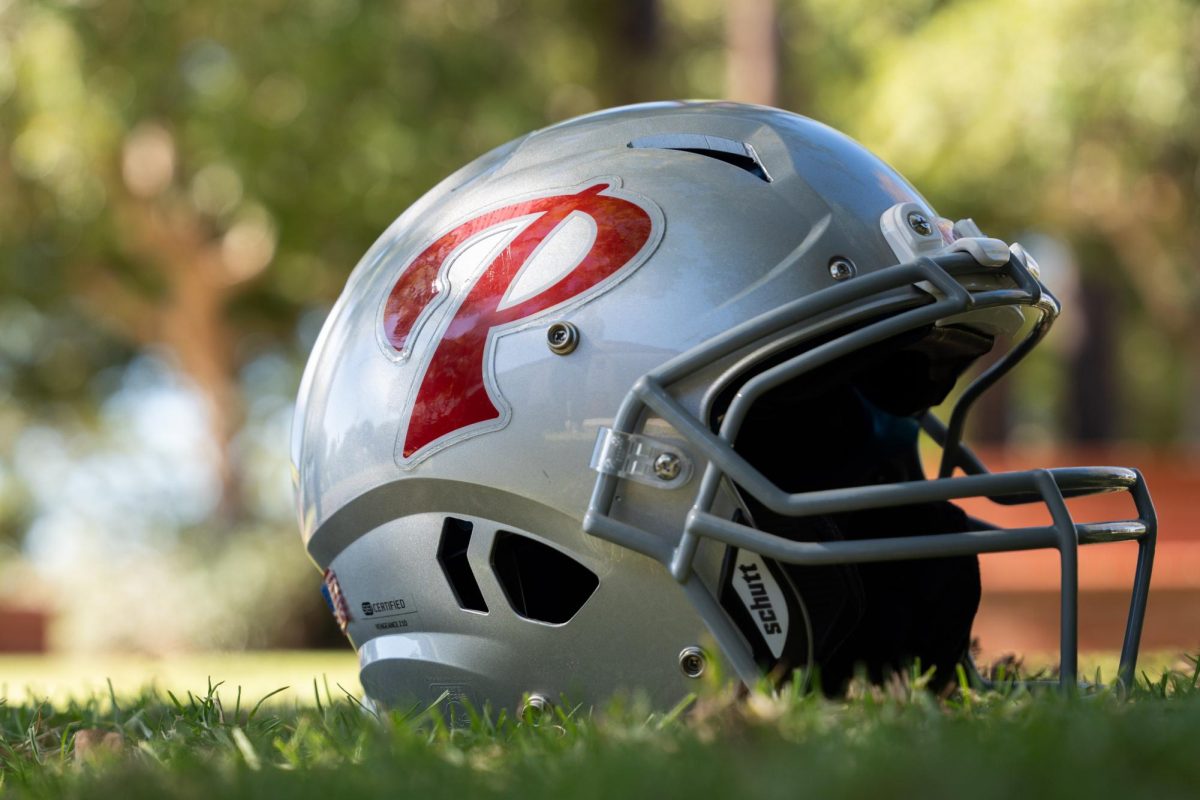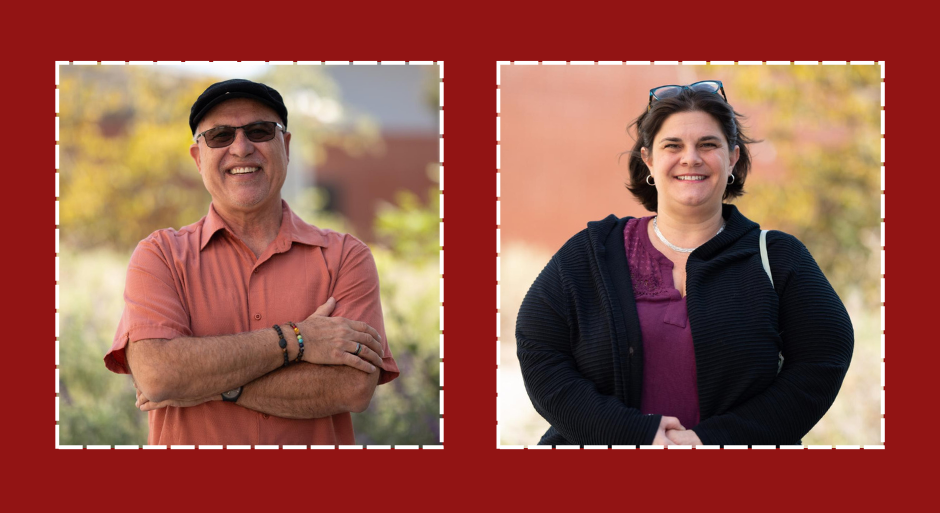Palomar students need to care about who becomes their next college president.
We’ve found there to be a sea of apathy at this college. We see most students turn a blind eye toward the activities of the governing groups of this campus.
We understand; it’s hard to care about the inner workings and politics of a place that, ideally, you will only spend a couple years attending.
But that is a poor excuse for total indifference toward this school’s power players.
A fair amount of students here might not even know about last spring’s early retirement, or how it has affected their campus.
And it’s probably safe to venture that there are few students who actually know about the different governing groups on campus — the Faculty Senate, the Governing Board, etc. — and their purpose.
We’ll take it a bit further. We don’t think it’s fair for students to complain about this institution’s faults if they remain ignorant about how it’s run.
A little knowledge can go a long way.
Last Spring, the president of Palomar College, Robert Deegan, retired along with a mass exodus of faculty and staff, who were offered a bonus for early retirement.
This left the president’s seat, along with many other positions of power on campus, filled with interim faculty and staff.
The college is looking to fill these positions permanently. The most prominent of which, arguably, is the college presidency.
Palomar’s presidential search has had its share of hiccups. Last semester, a search was made to find qualified candidates.
The search found two finalists, who toured the school and answered questions at a public forum on Nov. 6, 2015. Right when it seemed like a new president would be elected, Palomar’s Governing Board decided not to hire either finalist, and canceled the search.
While this move stirred up the faculty and staff, there was little more than a murmur among the student body.
A community college president handles a wide range of tasks for their respective institution. While not the final say on governing matters, the president has a responsibility to lead the campus, advise faculty and staff, and meet with the student body.
He or she also has a considerable amount of sway in how the college spends its money.
In the event of an emergency, it is also the president’s duty to address the campus community. We saw this two semesters ago, when several Palomar students were killed in a car crash.
The primary obligation of a college should be its students. But it can be hard to inspire positive change when the student body has such an air of detachment.
We’re not calling for every Palomar student to become entrenched in campus politics. Nothing that drastic.
But we encourage you all to be informed, to learn about the roots of a problem, rather than just complain about it.
And maybe, just maybe, treat this campus with something more substantial than the pervasive disinterest that we’ve come to expect.

